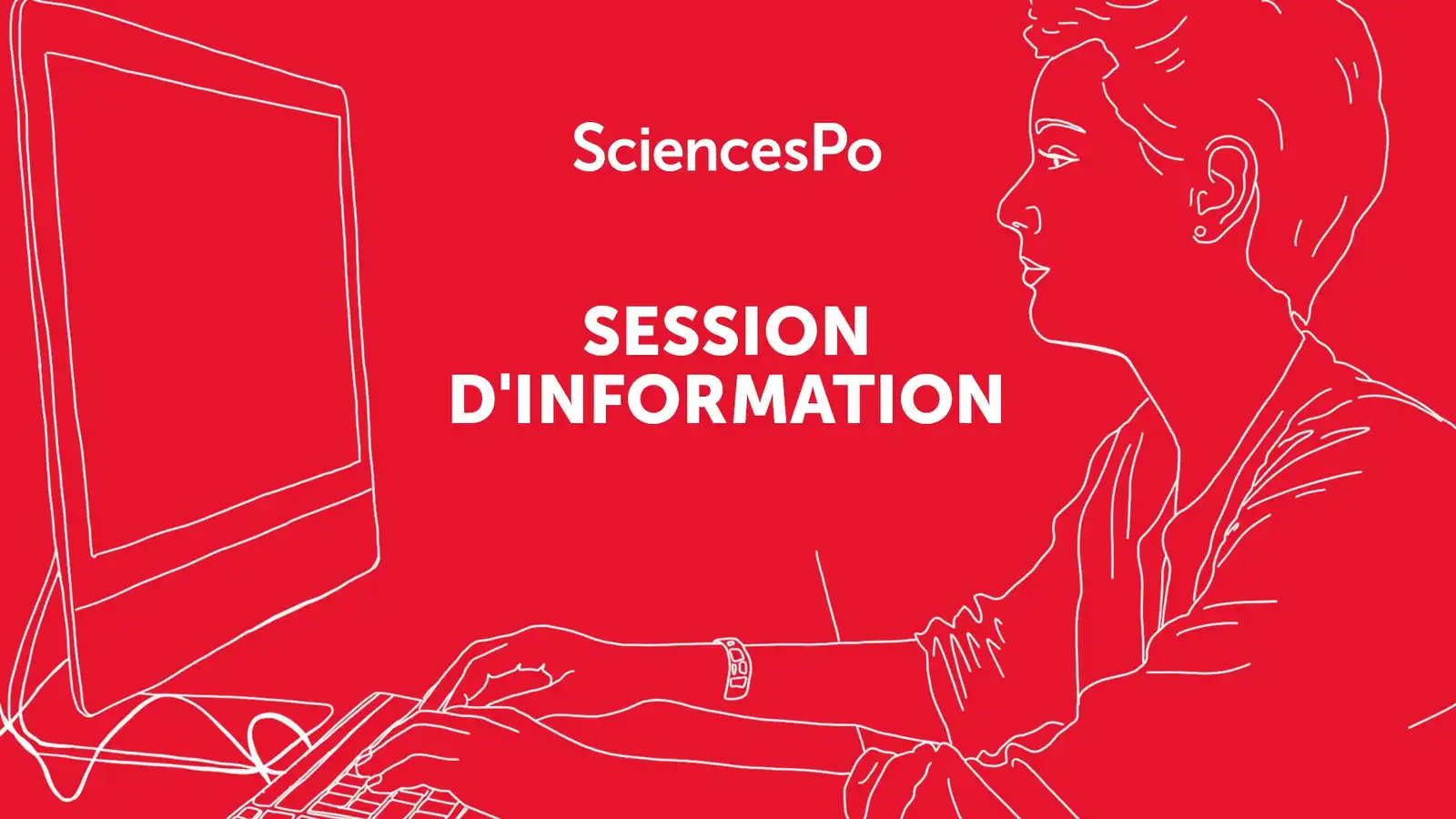Accueil>Clarissa Ward: "Etre journaliste, c'est écouter"
30.09.2021
Clarissa Ward: "Etre journaliste, c'est écouter"
Clarissa Ward couvre depuis près de 20 ans les zones de conflit en Syrie, Irak, Yémen, Ukraine, Georgie, Iran, et dernièrement, l'Afghanistan, dont elle est revenue fin août 2021. Elle est aussi l'auteure de "On All Fronts: The Education of a Journalist" (édité chez Penguin Press). Pour en savoir plus sur sa biographie, c'est ici.
Sciences Po Journalism School was greatly honored to invite you to be part of CNN Chief International Correspondent Clarissa Ward's master class, as she is back from Afghanistan.
For nearly 20 years, Clarissa Ward has reported from front lines accross the world from Syria, Iraq, Yemen to Ukraine to Georgia and Iran, and lastly Afghanistan. She is the autor of 'On All Fronts: The Education of a Journalist" (Penguin Press). Please read her full bio.
Voici les citations clé de sa master class (en anglais):
Please read below the main quotes from her lecture:
- "If you want to become journalist, it is so competitive that you are going to work christmas, miss birthdays... Your social life is going to take a big hit if you're going to do this job. You're going to have to uproot your life and move to places you never thought of."
- "What is our role as journalists?Is our role to shine a light? To end a war? To be a witness, an observer?These are really important questions that all of you at different stages of your career will want to spend some time thinking about. For me as a journalist, my job is not to solve the problem, it's not to end a war. There's other people whose job it is. My job is to shine a light on a story that maybe isn't getting a lot of attention, to offer real time substantive reporting, to give a voice to people who may not be able to have their voices heard otherwise. That's a huge responsibility and one I take so seriously. Often you are the only chance to let the world know what people in Syria are experimenting, or what women in Afghanistan are experiencing with the return of the Taliban."
- "You are very much responsible of holding governments, terrorist groups, accountable. Because you're telling the world what's going on on the ground. For the most part, you're not going to be able to stop wars and change the world, and that's ok because that's not your job. I wish someone had told me that earlier. Because there is a lot of guilt in doing this work. There's always this temptation when you're starting out. You think there's something fascinating, intense about war. You've seen movies and read books. The prevailing thing however is that war is not glamorous, it's actually awful. It's very tedious. 90% of your time is spent sitting around and waiting."
- "You have to have passion, drive, and a fundamental belief that this is what you're meant to do. But also be aware of the dangers of this career. You could get kidnapped or killed, but there are also great professional, personal and ethical challenges too. It's definitely worth thinking about why you want to do this job, and what it is that you can bring to the table, because every journalist has a unique skillset."
- "The most important quality to be a great journalist and to be in love with this job for a long time is listening. We live in a society where listening is seen as weakness. People are shouting in debates and listening as actually waiting for their turn to respond. Journalism actually is all about listening. It's about leaving your preconceptions at the door and being in the moment to listen to what that person is telling you. Look at their body language and hear them. Par tof your job is you're bearing witness. That is important on a professional level, but it's part of your role as a human being when you come across someone whose life has been blown to pieces by conflict, to bear witness for them, whether that piece runs or not. That's a really important part of this work in my opinion."
- "Listen, be humble. It doesn't mean you don't have your own values and ideas. But you still have to listen. It doesn't mean you don't challenge or hold accountable, but listening is a hugely valuable tool."
- "An interview is a dance. Have it be organic. Be in the moment — a real engagement between two individuals, as opposed to a person reading a list of questions and doing their best impression of what listening looks like."
